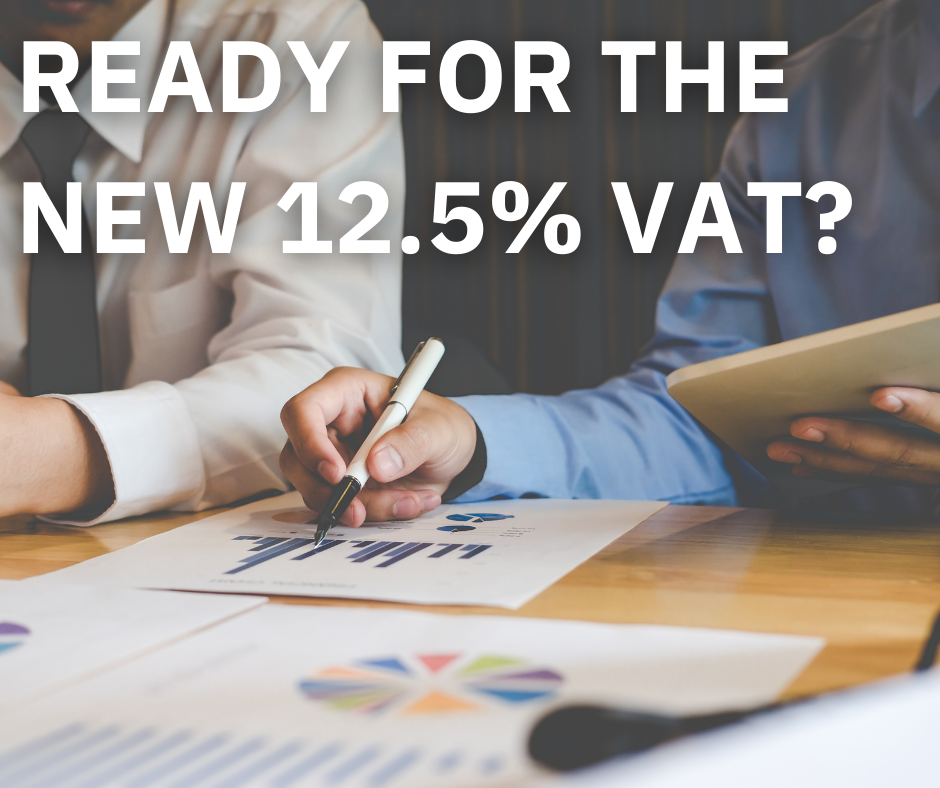Why has the new reduced rate of VAT been implemented?
The government announced on July 8, 2020, that it will present legislation to extend a temporary 5% reduced VAT rate to certain supplies relating to hospitality, hotel and vacation lodgings, and admissions to certain attractions such as theatres and zoos.
The lower rate was only intended to be in place for a specified duration, from July 15, 2020, to January 12, 2021. Later, the duration was extended to March 31, 2021.
In Budget 2021, the government stated that the interim reduced rate of 5% would be extended for another six months until September 30, 2021.
After that, a new reduced rate of 12.5% will be implemented, which will last until March 31, 2022.
Who is mainly affected by this change?
This change will affect businesses that provide hospitality supplies, holiday lodging, or charge entry to particular types of attractions. According to HM Revenue & Customs (HMRC) guidance on the topic, the following supplies, which are presently eligible for a 5% discount, will continue to be eligible for the 12.5% VAT rate:
- restaurants, cafes and pubs;
- hot takeaway food and hot takeaway non-alcoholic beverages;
- hotels or similar establishments;
- attractions (theatres, cinemas, zoos) that are not eligible for the cultural VAT exemption.
Are businesses responding positively to the new reduced rate of VAT?
Hospitality and tourist executives are calling on the government to drop the original standard VAT rate of 20% on their businesses permanently in order to save thousands of jobs.
The request comes as the tax rate for bars, restaurants, vacation rentals, and entrance to select sites rises to 12.5% on Friday, following a temporary drop of just 5% in July 2020 to support companies dealing with the pandemic.
VAT on purchases in the hotel and tourism sectors will return to its pre-pandemic level of 20% in April next year, according to Treasury plans.
The hotel leaders claimed that their industry had been affected the hardest in the economy, with a £100 billion drop in revenue. According to them, the epidemic caused 12,000 enterprises to permanently close and 660,000 individuals to lose their jobs in the industry.
According to a study of more than 800 members' firms, 77% said the reduced VAT rate was "essential or crucial to viability," while 60% said they would have to eliminate jobs if the VAT rate was raised to 20% in April, and one in ten indicated they would probably close down entirely.
What is the impact on businesses?
This move is projected to have a positive and considerable impact on more than 100,000 firms by significantly lowering the amount of VAT they must charge and account for to HMRC. One-time costs will involve familiarisation with the adjustments, as well as improvements to IT systems to account for the new rate and/or price changes on menus.
The temporary 12.5% reduced rate is expected to have an impact on system providers, as they will incur a one-time expense to familiarise themselves with the change, as well as a one-time cost to make software upgrades to allow firms to account for VAT at this new rate.
What your business needs to do to prepare for the 12.5% VAT:
Anyone who sells these goods and services will need to update their cash registers and accounting systems to accommodate the new VAT rules. Suppliers must also decide how much of the increased VAT will be passed on to their customers.
This will not only apply to providers in the hospitality industry, but it will also apply to cases where care homes and colleges offer meals to guests.
If your business is selling products or services around the time of the rate change, the tax point will indicate which VAT rate you should use. The tax point is normally the date of invoicing, payment, or provision of goods or services, which is usually the same for most hospitality activities.
The invoice date becomes the tax point if you issue an invoice within 14 days of the fundamental tax point. As a result, the approaching change in October (and again in March 2022) is one of the few times when clients should embrace being invoiced ahead of time.
The constant changes implemented by the UK government can certainly be intimidating and confusing for many businesses and individuals. We at Persona Finance are well-equipped and prepared to answer your questions about how the new reduced rate of VAT will affect your business, and for any other business and accounting queries, you may have. Please contact Persona Finance at [enquiries@personafinance.co.uk] for more information.



